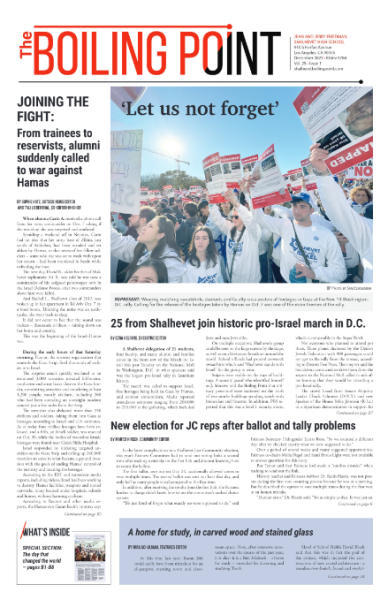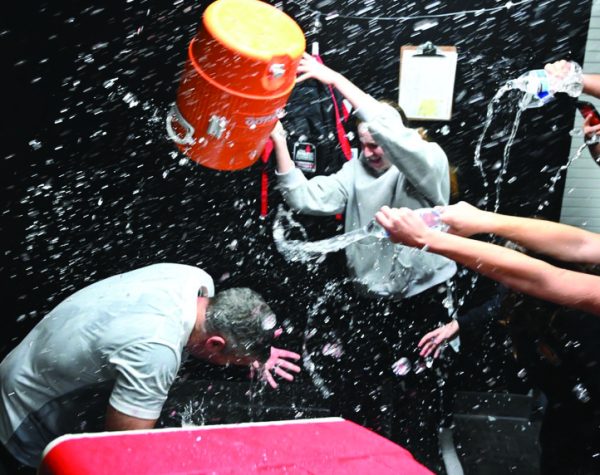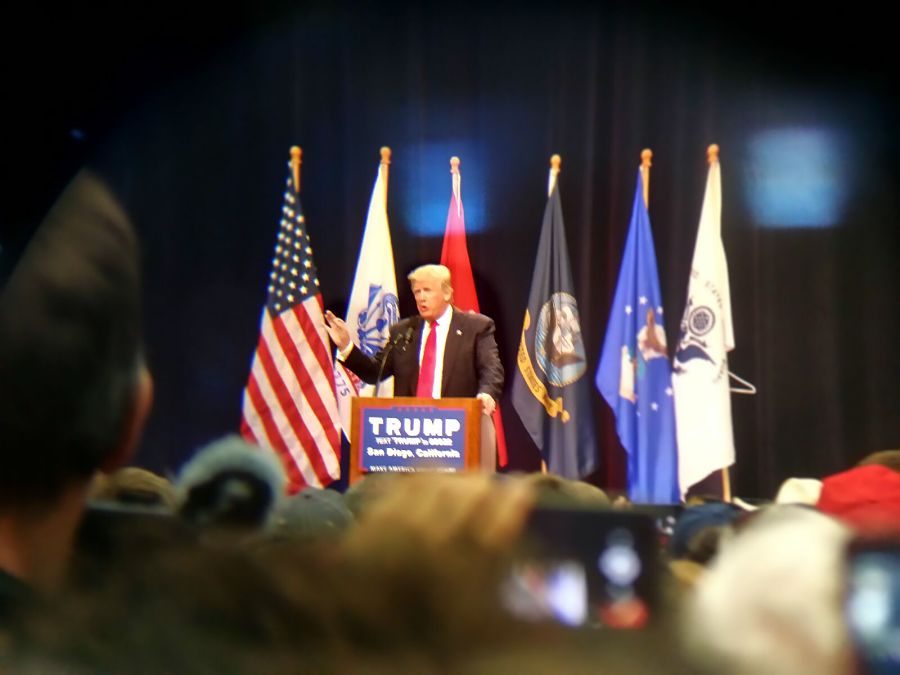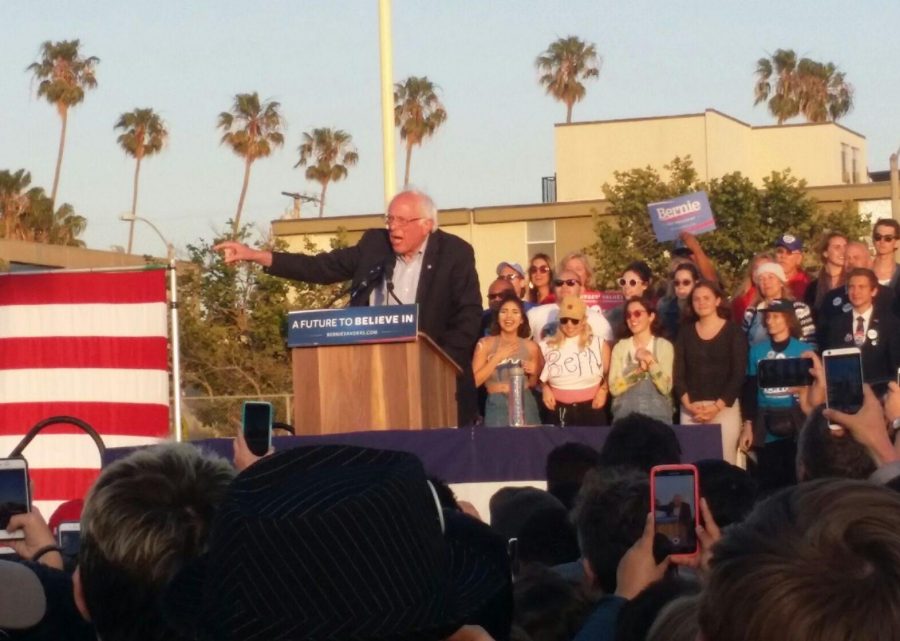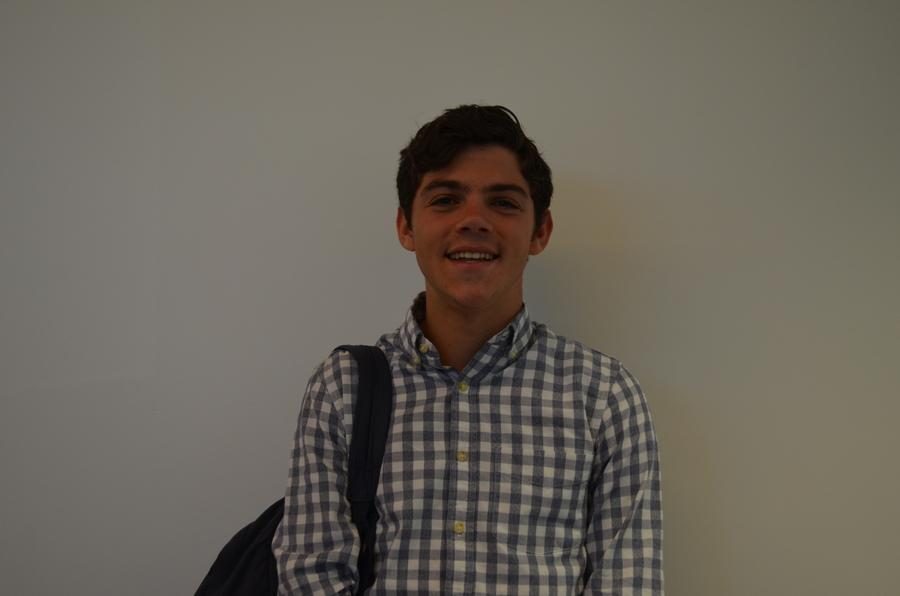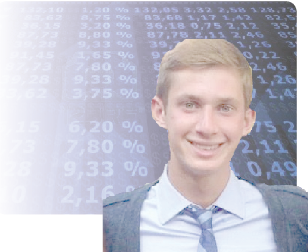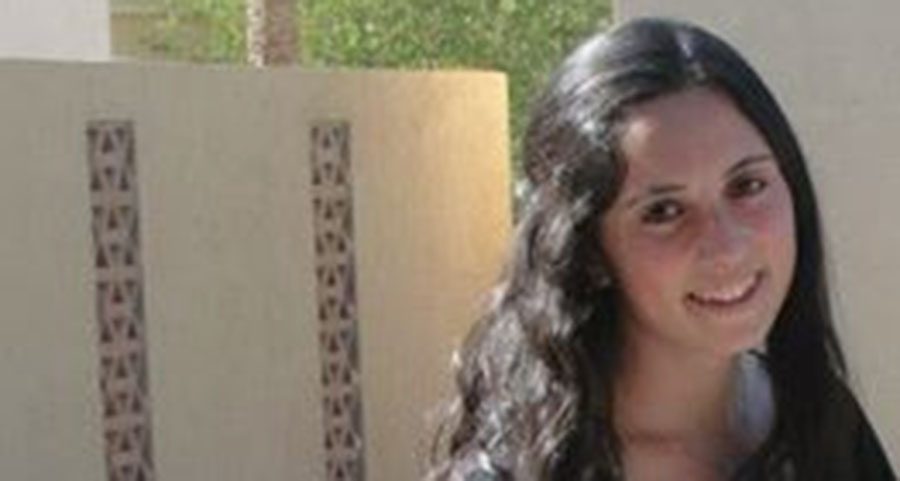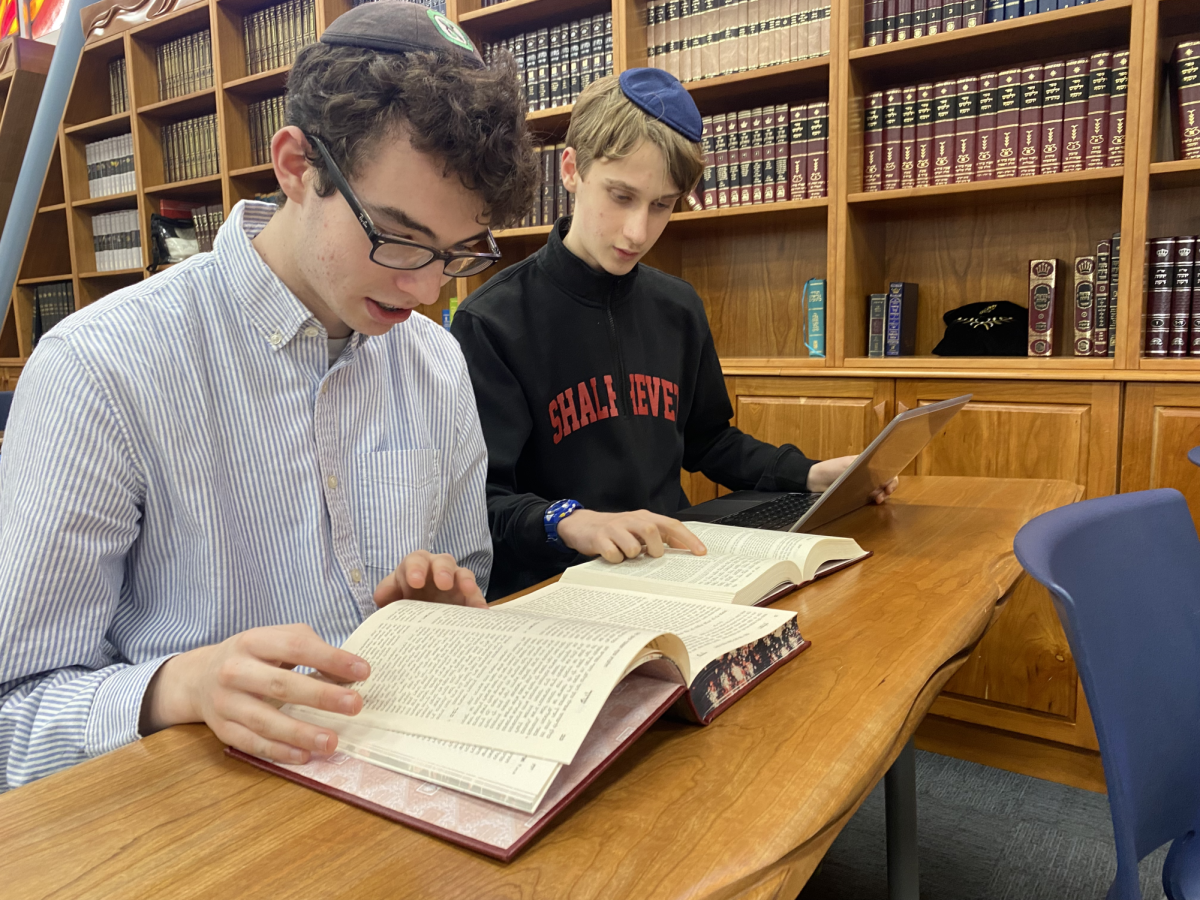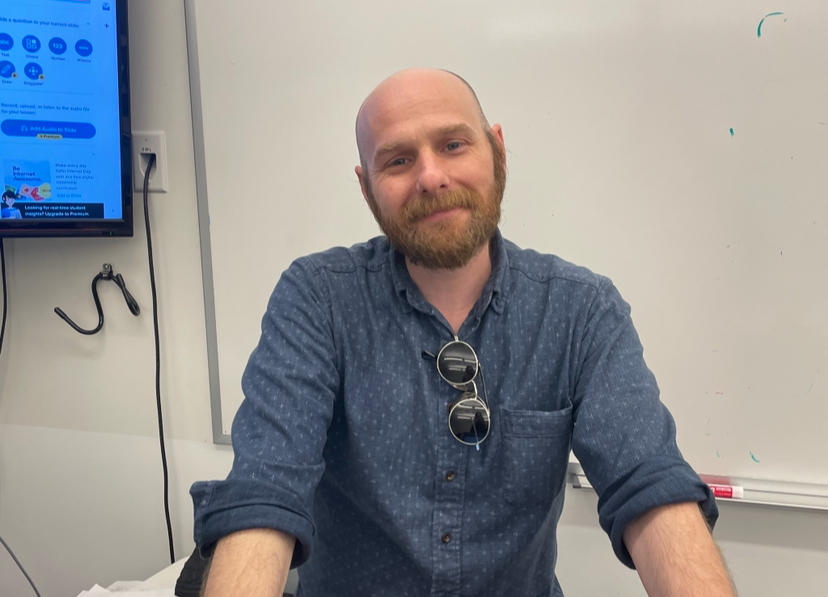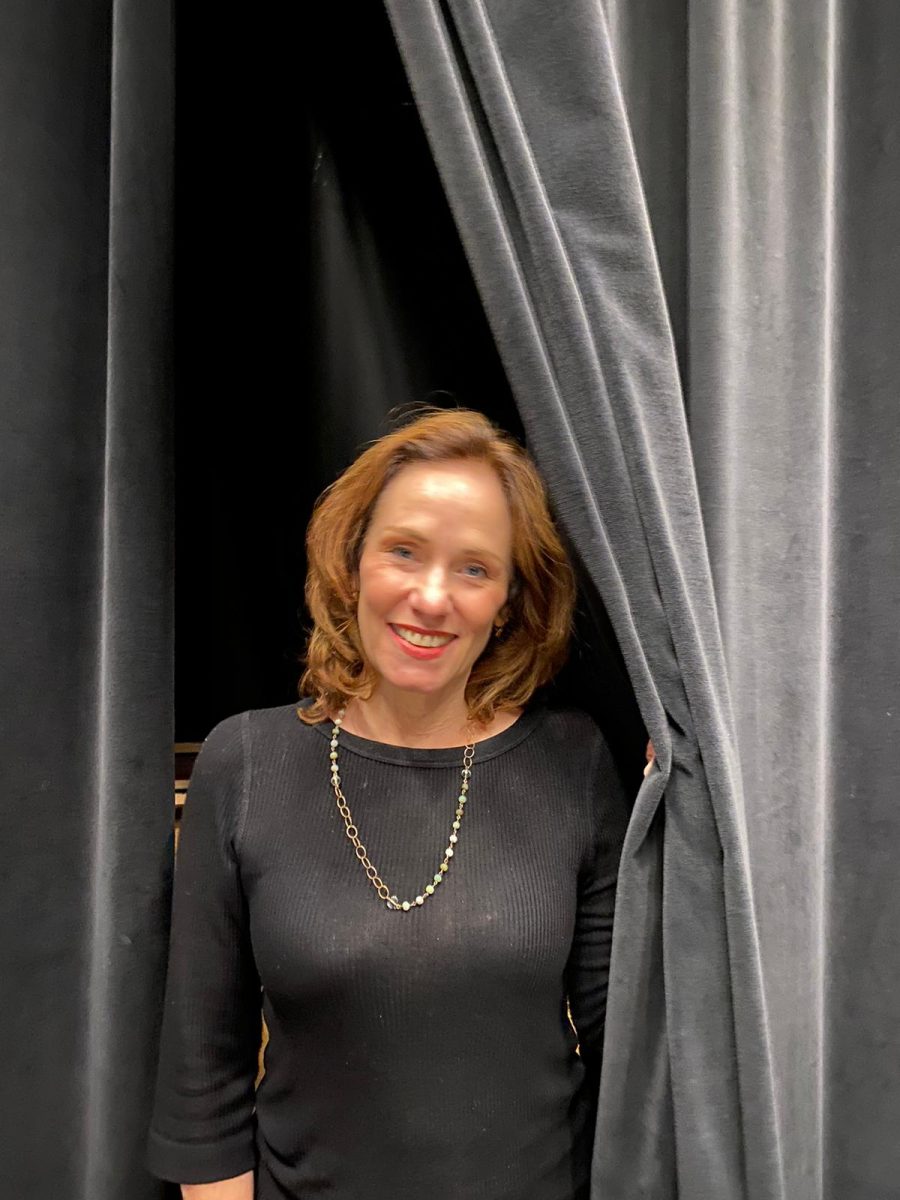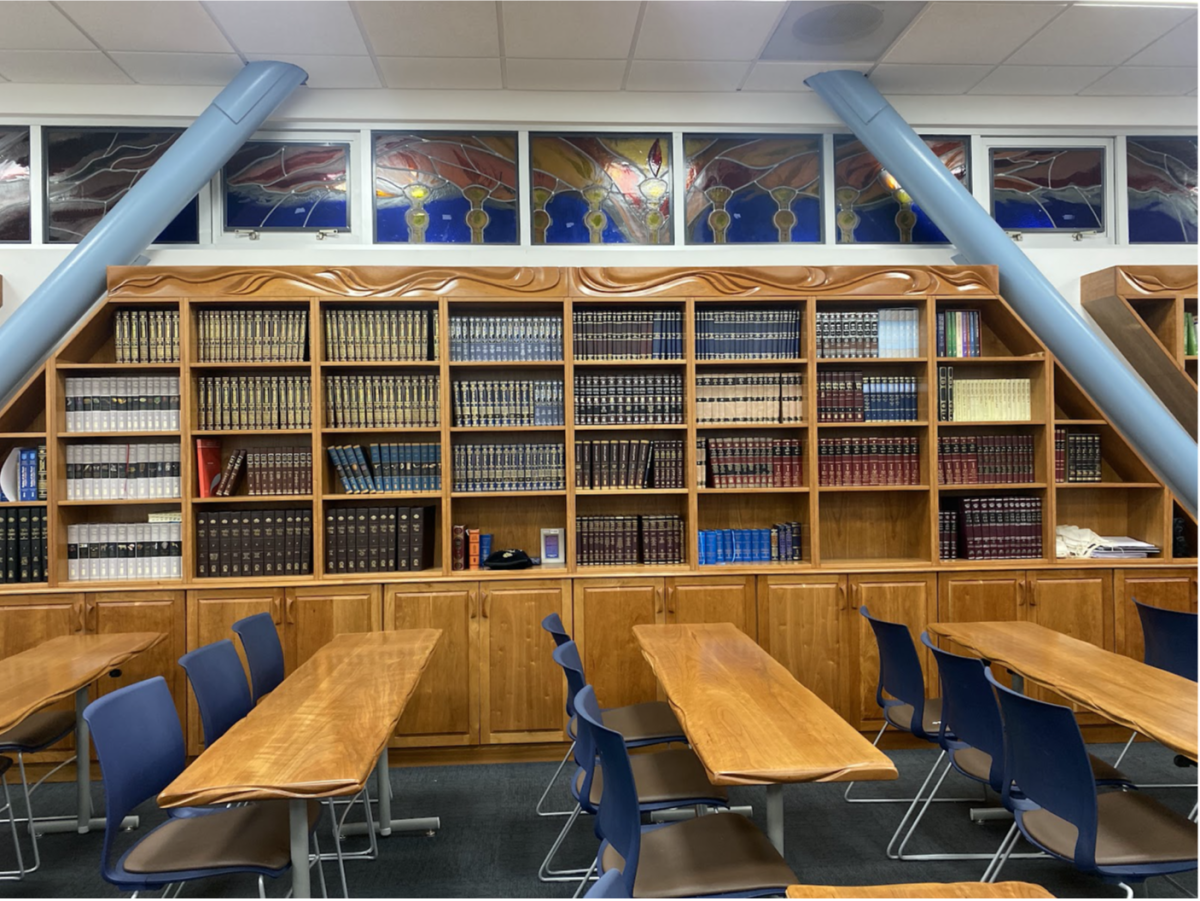Thursday, May 31st, Holon and Tiberius, Israel
This morning I woke up at around five a.m. in the same conditions many Israeli soldiers live in every day. I woke up in a massive tent with a face full of mosquito bites, feeling hot and with bugs buzzing in my ear. The only difference was the additional yelping and whining of girls and boys running around complaining about their bites and the bugs. Luckily, I didnt get as many as Ariella Joffe, who is still counting her bites hours later. After much nagging, debating and a chocolate-filled breakfast, we boarded the bus early to start our day.
Our first stop was the Holon Museum. I had heard of this museum prior to our visit and went in with very high expectations. We were separated into groups room of 10 per chaperone and sent into a pitch-dark hallway to meet up with our mystery tour guide. All the tour guides at the Halon Museum are either visually impaired or blind. Our guide, Meir, was blind with a great sense of humor. The tour took us through many different stops to everyday places, such as a market, boat, and forest, so that we could experience these places as a blind person.
My favorite stop was when we went into a carpeted room and listened to pounding music that sent vibrations through our bodies. Towards the end of our tour we stopped at the bar and ordered drinks and snacks in the dark. We then went to a table and got a chance to ask Meir questions about being blind. Meir has been blind since birth, is in his forties and single. Our tour then came to an end and we were finally able to see the man behind the voice we’d been listening to the last hour. I had guessed correctly that Meir would be bald and tall, but otherwise he was a mystery. Coming into the light, I adjusted my eyes to bright sun outside and viewed the world with a new sense of appreciation.
Our next stop was at Better Place. While the name of this new company is not so catchy, its goal is definitely attracting many Israelis. As I walk I walked into the super-modern building I saw glass windows everywhere, a steel staircase and down below many workers with matching T-shirts working in their cubicles. This company has created electric cars that can either be charged through a port at home or can be dropped off at battery changing station to get a new battery in five minutes flat. Our guide started off by taking us all on a ride around a track in this new high-tech car. We were then able to ask questions and learn how it worked. Our guide explained the great relief these cars would bring to the israeli community as it would decrease the dependency israel has had to have on the Arabs for oil. Afterward, we moved into the movie theater. The theater, like the rest of the building, was very nice with comfortable chairs made of recycled car parts, and we watched a movie which summed up Better Place.
We then took yet another bus ride, this time to Tiberius for dinner at a dairy restaurant called Cherry. After dinner we headed over towards the dock to take our boat ride on the Kineret. As the boat drifted away, our DJ host began playing music. Everyone immediately jumped up and started dancing. While the boys hopped and break-danced, the girls shaked around and performed choreographed routines in unison to both Hebrew and English songs. We even had a drum circle in which we all gathered around banging out drums and sang a song for peace. Everyone joined together with arms flailing everywhere and voices high and low (and in my case off key) as we rocked in the boat surrounded by the dark Kineret waters, with the lit-up city only meters away.
As I banged my drum and lost myself in the music, I thought to myself, “Only in Israel.”
— Talia Rotenberg
Wednesday, May 30, Northern Israel
6:30 a.m. Alarm. I miss the times when I could sleep in, but now every day is packed nonstop with new activities. I’m remembering the days when I could just chill and do what I want. I’m feeling pretty bitter about the night before where we went camping in the wrong site down South and my dozens and dozens of bite marks show my discomfort. First things first, I had to find a pair of tznius [modest] shorts because mine were just deemed to be revealing. Today we are volunteering or doing labor work, as we like to call it. Major groan! Why are we taken to Israel to do labor?
We hike up a mountain to meet up with the group we are volunteering with, called “Shomer Chadash.” They protect Jewish farmers from the Bedouins and Arabs who steal their cows, equipment, crops, farms. To do this they make a wall with huge stones, larger than my back. Today, that’s our job. We find out the volunteers are 18, much to everyone’s surprise as they looked at least 25. Suddenly, they become a lot cuter in our eyes. Ariella Joffe and I decide to get really into it. We get the biggest boulders and use all our strength to push them towards the wall. I’m really proud of myself and felt stronger than I thought I would. Fun day. Who would have thought that something which I so was not looking forward to ended up being pretty satisfying.
Next was a bus ride to some kibbutz up North. We get to hear a radical guy talk about his pride and love for Israel and his disgust for his neighbors from the nearby counties. His kibbutz was the only place in Israel from where you can see both Syria and Lebanon. As a result, he talks about how he used to get attacked and shot at from these not-too-friendly neighbors. I zone out as this crazy guy goes on and on using stronger and stronger profanity. Most of the grade seems to love him for some strange reason though I felt most of his arguments got lost in the number of times he used words that can’t be published in the Boiling Point.
We walk to a memorial for soldiers, go to a mall for lunch, tour Tzfat, and do other various activities, none which particularly stand out. Maybe I’m just getting pretty tired. We have dinner, then our third ma’agal meeting of the trip — Mr. Danovitch would be proud. We all share our opinions about passions and goals, and I seem to disagree with a lot of people, but I don’t want to argue and I like hearing the opinions.
So far today wasn’t one of the best from Israel but I didn’t expect it to be. I felt major love for the country when I was playing wheelchair basketball or digging a hiking trail or just communicating with random Israelis (an activity which I found out I love and do quite often). Today, I had that feeling when I was building the stone wall, but other than that it was just a pretty long day. I think of my family a lot and how much I miss them, a fact that has surprised me. But now first thing I do is call my home and listen to their voices. I don’t yet feel at home in Israel and I don’t know if I ever will, but this trip is certainly bringing me a step closer.
— Deanna Grunfeld
Thursday evening, May 25, Jerusalem Old City
We arrived in Israel after spending a week traveling in Poland and visiting Holocaust sites. I felt at home. Naturally, our flights from Poland to Germany and Germany to Israel were delayed and some members of the group lost luggage. But that, in addition to not having slept for close to 36 hours, didn’t stand in the way of anyone appreciating our first Israel experience: davening Shacharit at the Tayelet overlooking the old city of Jerusalem. We greet our first awaited Israeli breakfast with joy after eating bland tuna and peanut butter and jelly sandwhiches for the entire week in Poland. The mood is immediately set when an IDF soldier speaks about his experience as a tzanchan, or paratrooper. This was particularly special because the soldier is former Shalhevet student Roee Azrad, the brother of a senior on our trip, Hadar. Several members of the group were inspired by Roee and his service to the state of Israel.
Later, we traveled to Beit Lochem, a fitness and sports facility to help rehabilitate wounded soldiers or victims of terror. All of us played wheelchair basketball and learned just how fortunate we are to be healthy. One of the members of the national wheelchair basketball team spoke to us about his life-changing injury, in which he was paralyzed from the stomach down in a friendly-fire accident during a mission to arrest a terrorist. Afterward, everyone understood how lucky we are to be in the Land. Lunch came quickly and several members of the grade enjoyed shawarma in the heart of the Machaneh Yehuda shuk.
Every activity throughout the day made me feel more patriotic toward the State of Israel. Our hostel is in the center of the Old City, near an abundance of restaurants and shops to visit and enjoy. The ambiance is incredible. I look forward to continuing to enjoy and experience the Land of Israel as a grade. The time we have and will spend together I will cherish for a long time to come, and I know that I will return home with a more enhanced understanding and stronger emotional tie to Eretz Yisrael.
— Eitan Spitzer
Thursday morning, May 25, just outside Jerusalem
We just prayed Shacharit literally facing the Kotel.
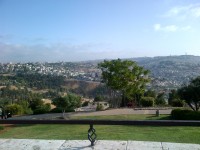
For me, it’s been hard to feel a connection to Israel in the States. I haven’t been to the holy land since I was a kid, and even though I go to a Zionist school, I definitely don’t feel it as much as most of my peers.
Even going through the camps in Poland, I didn’t have a specifically Jewish experience. It made me question my notions of God and death, definitely. But my friends walked through the camps the way we go through the Passover seder: thinking that they themselves were liberated and spared. I didn’t feel that, I felt a human connection. A tragedy was done to humanity, and it didn’t change much to me that it was the Jewish people specifically. I felt a lot of guilt over this but I couldn’t change it. While my friends walked through with their Israeli flags on their backs, I couldn’t bring myself to do it. I couldn’t see how Israel connected to the camps. Not everyone who died there was a Zionist, so it didn’t feel right to commemorate them with Zionism.
Cut to this morning. After a crazy two flights (we almost missed both) and a total four hours of sleep, we arrive at the Tayelet, the hilltop overlook where so many stop on their way to Jerusalem. The first thing on my mind is of course breakfast, but then I round a corner and see a panoramic view of Yerushalayim. It’s beautiful. It stops me in my tracks. The sun is still coming up, and everything is cast in this light glow. The city is enchanting. And then, Karen Tal points out the Kotel. We say Shema, and while I’m usually the type to whisper it under my breath in personal prayer, I’m singing out loud. Saying Shema overlooking the Old City with my grade, the 35 people who have become my family this week. Raquel Garshofksy points out that all the times we pray facing East, this is what we’re really facing. And now there’s nothing in our way.
The Israelis are always telling me how this is a special place but I haven’t felt that until today. We haven’t even entered the city and I’m already feeling the magic. The fact that they fed us the best breakfast of my life doesn’t hurt.
The contrast between Poland and Israel is a core facet of this trip. Israel has put all of Poland in perspective. I felt so helpless walking through the camps. There was nothing for me to do about what happened, nothing anyone then could do about it. Yesterday morning, we were in the Warsaw Ghetto hearing about a failed uprising. They were our heroes, and even they couldn’t do anything.
Here in Israel, we’re empowered. It’s ours, and we’re more than safe. We’re in command. Hadar’s brother is our bodyguard today, and so we walk with a soldier in uniform. To go from watching the Jewish people hardly survive, to seeing a city in full swing like this, has been the most magical part of the trip so far. We made it.
-Leona Fallas
Monday, May 21: Lublin, Majdanek
This morning, waking myself up — and a bit late I might say — I was still one of the first people ready. We walked from the hotel in Lublin to Yeshivat Chochemei Lublin to daven Shacharit. The yeshiva looked amazing. It was just like I imagined it except that the Beit Midrash was smaller than I expected.
We then drove to Majdanek, one of the three largest camps, two-and-a-half times the size of Birkenau. Ninety thousand people were killed there, 20,000 of them non-Jews. There was a huge rock structure at the entrance to the camp. After walking a while, we got to the bath house that was actually a gas chamber, and looked in through a window. Cold and airy. Continuing down the camp I saw a barracks with a map of the camp inside. Then I started to walk deeper into the camp.The fenced wire felt legitimate, like it hadn’t been touched. I walked through and got the chills.
I went into two more barracks, one with large bunk beds that would each fit four or five people and smaller ones that fit two or three. The floors creaked as you walked around. Hot, shaky and buggy — so authentic. We then went down a separate path leading to a giant modern domed monument facing a concrete plaza. Inscribed on the dome in Polish were the words,= “Let our fate be a warning to you,” and under that dome lay the biggest pile of human ashes that anyone could imagine.
We then walked into one last building, made up of multiple rooms: Room 1, where bodies were searched by Nazis looking for gold and silver; Room 2, where bodies were left to be dissected; and Room 3, a memorial with flowers to remember those who died there. Room 4 contained the ovens used to cremate the bodies and could fit two or three bodies at a time. Looking at it got me sad, but when our tour guide yanked the metal part the bodies were put on, my heart jumped and I started crying. When our tour guide was explaining how they fit in and how people tried to find the best way to burn the bodies quickly, I just wanted to sink to the ground.
Then in that room we sang a few songs to remember those 90,000. At points I had to stop singing to catch my breath. Looking around I saw that everyone was silent, some crying with me. It was intense. We then went to a spot where in one day the Nazis murdered 18,400 Jews. All in that one day. We saw the pits where they were shot and then left to become part of the ashes. I still don’t know what kind of person could do that, but they did.
Later that day we drove to a shul in Lodz and davened Mincha there, except now that shul is a museum to remember the Jews who once lived in that city. Afterward we spent time relaxing in that city’s square. Now off we go.
-Laura Melamed
Sunday, May 20, 2012
Right now I am knee-deep in this Polish segment of the trip, and I have had some surprising reactions to these places of mass killing, murder and destruction. In the last three days, we have gone to Auschwitz, Birkenau, and now to a mass grave in Wolbrom, Poland.
To focus on my experience today at the mass grave at Wolbrom, I have to say I was most shocked to hear about the widespread participation in which Germans killed Jews. We learned that there was a service that came in after the German soldiers took over an area, and the role of this service was to sweep the towns and kill the civilians. But I would like to emphasize that it was voluntary. Anyone could get out of this service, just they chose not to. My disgust and horror intensified with every new story and with every new anecdote about how these young professionals took time out to murder Jews purely because they were Jews.
I don’t really believe man is capable of such things. I guess within this journal entry I find myself both cynical and idealistic. I want the perpetrators dead, but at the same time I still think of the goodness of the human being. I don’t even know what to think any more. The one thing that I realized from today is that no matter what, Israel is a place that can never be extinguished, because as long as the Jewish state exists, the atrocities that occurred 70 years ago can never happen again.
I have found this experience really interesting but somewhat worrisome, as I have not reacted in the way that I expected to. Especially with the mass grave, a less notorious site, I expected sadness, tears, even depression. But my true reaction has been anger, hate, disgust, physical nausea and confusion. Let me expound. The idea of one man having so much influence that he convinced an entire nation that an ultra-minority was the sole reason for their problems, then pushing what was known to be the world’s most civilized country to be able to kill its Jews without remorse or humanity, is something that I cannot mentally fathom.
When we were walking through Birkenau (the camp that is generally thought of when we hear Auschwitz), the death camp, we saw the gate that led in to the camp above train tracks. This gate was the doorway to hell. Men’s worst fears became real here. I’m sorry — that does not suffice. Men could not have feared the horrors that took place there because they could not have imagined them. The Nazis and the SS told people to mark their luggage, and then to separate into two lines; men and women. They were then separated into two other lines, those who were to die, and those who were to die more slowly. We think that the lines were separating the living from the dead, but this is a common misconception, although one that we would love to make: the idea that the SS said some of us could live. No, oh no, the life expectancy of a man in healthy condition forced into labor at Birkenau was six weeks. Six weeks of hunger, dehydration, sickness, infection, pain, agony and then maybe — if God was merciful — death one’s sleep, otherwise maybe from being frozen in the sub-freezing Polish winter temperatures.
I don’t mean to be so cynical but right now I am just angry — not sad, not depressed, but angry, furious, livid, that man can do this to other men, and then enjoy it. Raquel Garshofsky said that she read a book before the trip titled Two Rings, and in that book two Nazis pulled two rabbis from Auschwitz barracks and took them to a forest, made them cukoo like a bird and then pulled their beards out with their bare hands. It was entertainment, it was fun. How can the world exist while such evil lies with it?
In the story of Noah, God promises that He will never destroy the world again. Personally I think He should have destroyed the Germans, every man, woman and child, who lived in this time period. I would spare the women and children except that the women supported the party just like the men did, the women helped run the women’s camp, and as for the children, they pledged allegiance to der Fuhrer, and many volunteered to join the Hitler Youth. I have no qualms about saying they were just as evil as those older than they who supported the same cause.
–Justin Brandt-Sarif
Friday May 18th 2012 ~ 26 Iyar, 41st day of the Omer
KRAKOW, POLAND: Today we visited the infamous Auschwitz and Birkenau. First off, it is more than difficult to find the words to properly describe the experience, but here we go.
It is important to understand the atrocity that occurred there; the murder of 1.1 million Jews. The number is so large that it is so difficult to find a connection, but my eyes were introduced to another perspective. The Holocaust isn’t a story of six million, rather it is six million individual stories waiting to be told and heard. A few particular displays and instances had an impact on me.
As I walked into a room I saw a display filled with tons of hair. After the Jews had been killed in the gas chambers, the Nazis would shave their heads and use the hair for nets and other products. I was shocked to see the tons of human hair left over and some of the materials that were made from hair. It made me feel blessed for even the smallest and simplest things in life that we all take for granted.
Walking through the camps was saddening — looking at the prisons, gas chambers and the “shooting wall.”

For some reason though, these sights didn’t arouse the emotional experience I so desired. Our day was coming to an end and I was feeling disappointed. We all stopped to daven Mincha (afternoon prayer). At the start I had a strong connection to my prayer and with each word following the other it became more powerful — suddenly I felt it! My heart was pounding so fast, as if I had just hit the winning shot in a basketball game. My legs began shaking and wanted to give out.
I was praying in the very spot that was intended for our destruction. We showed the world that we are still here, and here to stay. Our existence is the continuation of those six million who sacrificed their lives for Judaism. I feel such pride walking around with my Kippah on my head and my tzitzit by my side. I’m Jewish and I’m proud.
Shabbat Shalom,
Josh Meisel
May 17, Krakow, Poland
It’s hard to understand what generates emotion and personal connection. Why does watching a KONY 2012 video in Town Hall make everyone’s eyes water, but you can walk through the Auschwitz-Birkanau death camps — a place we’re far more tied to on a cultural and religious level — and not shed tears?
Maybe it’s because the things that hurt us most deeply take a while to sink in, and when they do, processing the experience is more valuable than your emotions during the experience itself. On the bus ride to Auschwitz from our hotel in Krakow, the mood was predictably on edge. Visiting Auschwitz is arguably the most hyped-up and anticipated experience of high school at Shalhevet, and it showed. We chatted and listened to our i-pods, not only to pass the time but to distract ourselves. One girl summed up her anxiety about reaching the destination: “I need to do this,” she said, while singing animatedly to her music and snapping photos. “If I don’t I’m going to go crazy.”
Auschwitz was green with orange brick buildings, a sight I wasn’t expecting. We saw the gas chambers and stood on the train tracks in Birkenau where Dr. Mengele had chosen his victims on a nearby platform. We saw the braids of hair, utensils and shoes hat the Nazis had stolen from their Jewish prisoners. We wore our Israeli flags proudly, and posed with them with our back facing the camera: pictures of defiance and hope.
Some students were visibly upset and cried, while others, like myself, struggled with their emotions, saying things like “Ridiculous,” and “This is sick,” to try to voice their feelings to their friends.
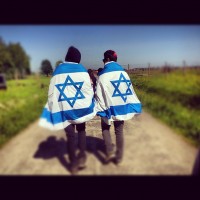
I’m sure my classmates had their own moments of connection and “it hit me” moments, as we all experienced Auschwitz our own ways yet still together. But the moment for me when I realized where we were standing was when we davened Mincha in Birkenau after just seeing photographs that had belonged to the prisoners of Auschwitz. I don’t know if I was making a connection to prayer or to the camp itself, but I realized where I was standing and for the first time, and the magnitude of the terrors that had occurred there.
Before this trip I wouldn’t have said that visiting Auschwtiz was essential to understanding what it means to be Jewish, but now I’m convinced that it is. You might be able to grasp how big the number six or 11 million is, but being there for yourself in the place where it happens makes it real.
— Leila Miller
May 17 — In the air above Poland
As we walked through the Munich airport where in various states of sleepiness we waited for our connecting flight to Poland, the next day’s trip to Auschwitz-Birkenau was on everyone’s mind. Talking to my classmates, some said they were excited or scared of getting depressed. We’re a diverse group – a jumble of interesting personalities – and a clear question hung in the air: how would we react tomorrow, and, if I can throw in a personal worry, would we react the “right” way, if there is one.
In some way, and surely partly because of four years of built up anticipation, this trip seems like my final test at Shalhevet. I’m tested on how my Judaic Studies may help put what I’ll see into some kind of context that’ll help me cope with it emotionally; whether I’ll be able to take an experience last year’s seniors struggled to describe in a final Town Hall and communicate something of value to my family and friends when I return; and finally, whether I’ll have developed a relationship with my friends that’ll be strong enough to last past high school.
But back to my worry – if my time in Poland will have a strong impact on me and if I won’t connect to what I’ll see.
The answer I’ve come up with is this: like I said before, I’m traveling with my class. We’re doing this as a group, and in a group people react differently. I’m sure I’ll be affected by the reactions of my peers. Maybe there is a “right” way to react, but I’m not responsible to feel every emotion there is to feel or to have to express some meaningful insight – that’s why there are 34 of us and that’s also why this blog is going to be a compilation of entries from different classmates.
As I finish writing we’re flying over Germany to our destination. I realize I want to stop assuming things about the trip and rather just let it happen. A voice sounds over the airplane’s intercom.
“Ladies and gentlemen, welcome to Krakow.”
–Leila Miller











